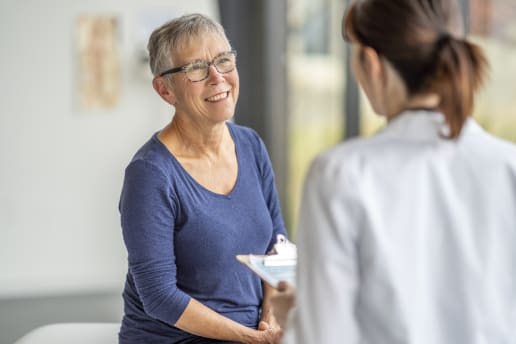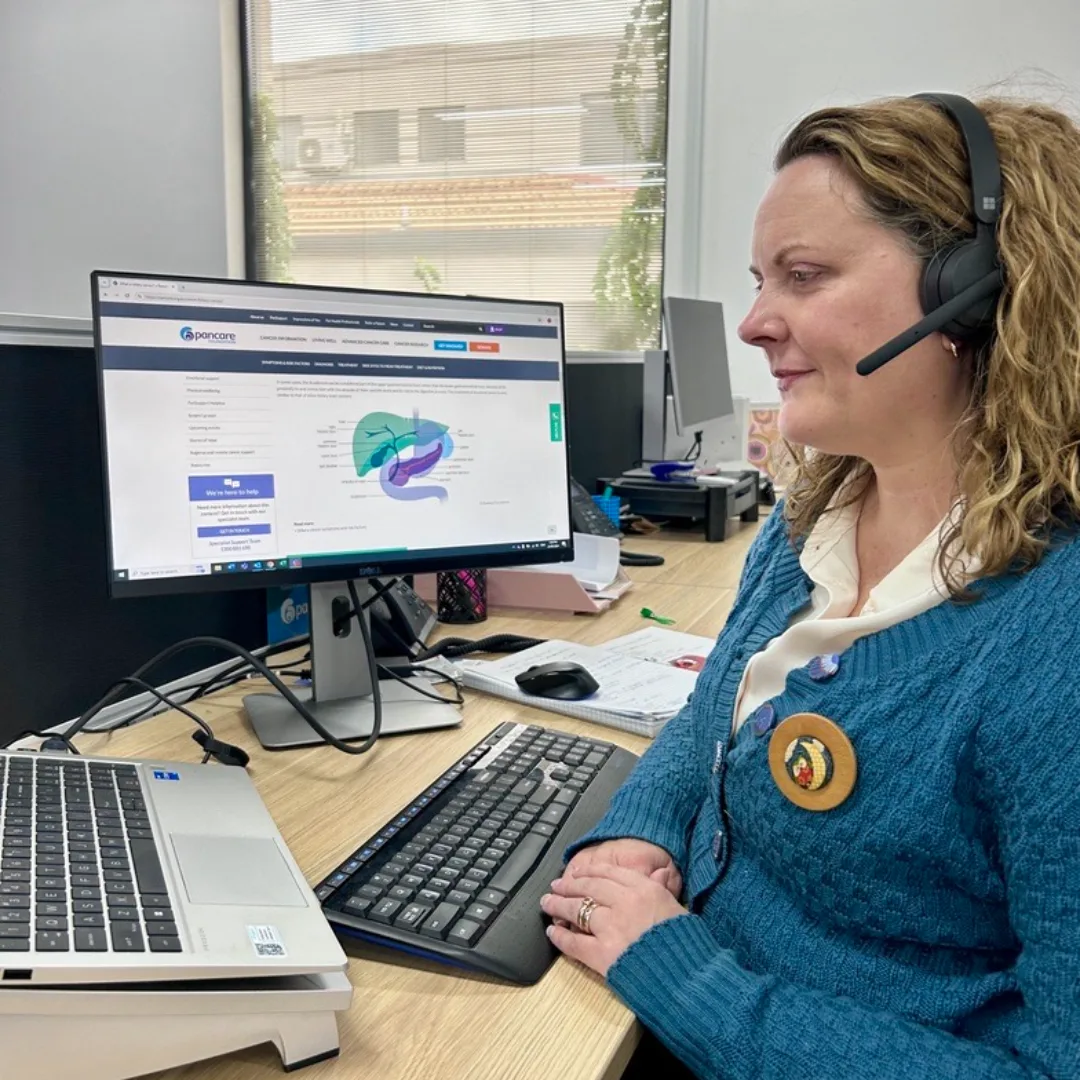Signs and symptoms of liver cancer
Recognising the signs and symptoms of liver cancer can be difficult. In many cases, there are no symptoms in the early stages, which means the disease can go unnoticed for some time. When symptoms do occur, they can be similar to those caused by many other, less serious conditions.
If you have symptoms that worry you, it's important to see your GP. This section explains what symptoms to look for, what happens when you see your doctor, and what to expect if you need to see a specialist.
Signs and symptoms
Liver cancer often has no symptoms in its early stages, which makes it hard to detect. This means a person can be living with liver cancer for some time before a diagnosis is made.
As the disease progresses, some common symptoms may include:
- pain in the right side of the upper abdomen (stomach area)
- feeling sick (nausea) with loss of appetite
- yellowing of the skin and eyes (jaundice)
- dark urine and/or pale stools
- itchy skin
- unexplained tiredness (fatigue)
- unexplained weight loss
- fever
- a swollen abdomen caused by a build-up of fluid (called ascites).
Important to know: These symptoms can be caused by many conditions other than liver cancer. However, if you experience any of these symptoms, especially if they persist or worsen, it's important to see your GP.
If you have symptoms of jaundice (yellowing of the skin and eyes), this requires urgent investigation. Contact your GP immediately or go to the emergency department.
Seeing your GP
If you've been experiencing any of the symptoms mentioned above, your first step should be to visit your general practitioner (GP).
What to expect
Your GP will conduct a check-up to find out what's causing your symptoms.
They will:
- ask you about your symptoms and how long you've had them
- ask about your medical history
- perform a physical examination
- arrange any tests they feel are necessary, such as blood tests (including liver function tests), ultrasound or CT scan.
Be prepared
It can be helpful to write down your symptoms before your appointment, including when they started and whether they've changed over time. Also note any risk factors you may have, such as chronic hepatitis or a family history of liver disease.
If your GP has concerns based on your symptoms and initial tests, they will refer you to a specialist for further investigation.
Being referred to a specialist
If your GP has concerns about your symptoms, you will be referred to a liver cancer specialist for further investigation.
You might see a liver cancer specialist at a public hospital or in private practice.

Who are liver cancer specialists?
Liver cancer specialists are doctors who are highly trained in diagnosing and treating liver cancer. They may include:
- gastroenterologists (specialists in digestive system diseases)
- hepatologists (specialists in liver diseases)
- hepatopancreatobiliary (HPB) surgeons (specialists in liver, pancreas and bile duct surgery)
- medical oncologists (specialists in cancer treatment with medication).
How soon should I see a liver cancer specialist?
Your specialist appointment should happen as soon as possible after referral, ideally within two weeks depending on the urgency of your symptoms. If you can't get an appointment within a reasonable time, follow up with your GP.
What should I bring to my specialist appointment?
You can bring a family member or friend with you to your appointments. They can help you remember what the doctor says, ask questions, and provide emotional support.
You should bring along any previous test results or medical records that might be relevant.
You may also want to bring a list of questions you'd like to ask, such as:
- What tests do I need and why?
- How long will it take to get results?
- What are the possible causes of my symptoms?
- What happens if cancer is found?
- When will I know the results?
- What are the next steps?
Want to talk?
Speak to an upper GI cancer nurse or counsellor, we're here to provide you with the support you need. Support available to anyone impacted by upper gastrointestinal (GI) cancer. Monday to Friday, 9am-5pm.
